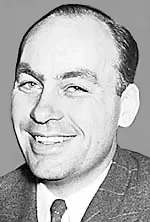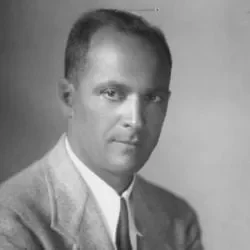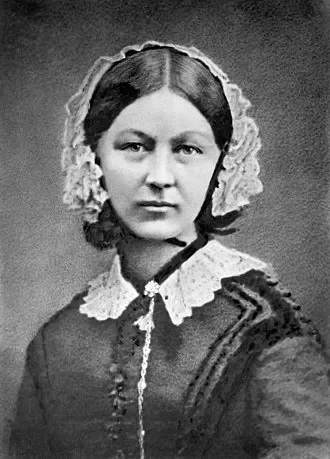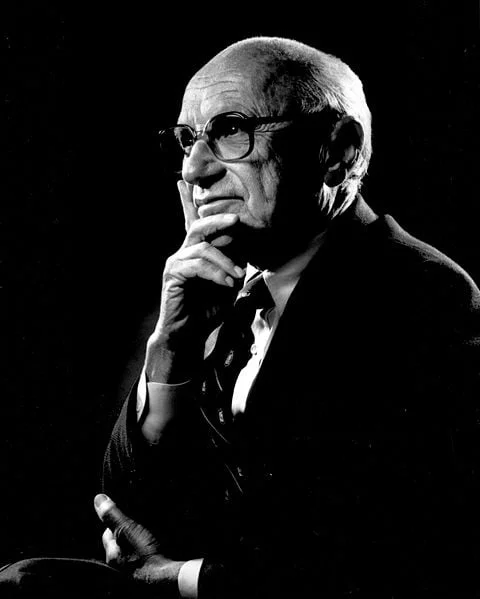Real Celebrities Never Die!
OR
Search For Past Celebrities Whose Birthday You Share

source:wikimedia.org
George Gallup
Birthday:
18 Nov, 1901
Date of Death:
26 Jul, 1984
Cause of death:
Heart attack
Nationality:
American
Famous As:
Statistician
Age at the time of death:
82
George Gallup's Quote's
Early Life and Education
George Horace Gallup can be easily considered as the father of modern public opinion research. Gallup an American pioneer of survey sampling techniques and inventor of the Gallup poll, a statistically-based survey sampled measure of public opinion.
Born on November 18, 1901, in Jefferson, Iowa, U.S., to a dairy farming family. Gallup started his early days selling milk and leveraging his earnings to set up a newspaper business at his high school.
With early experience, Gallup demonstrated a keen interest in understanding human behavior and communication early in life.
Gallup pursued higher education at the University of Iowa, where he earned a bachelor’s degree in journalism and psychology in 1923. He continued his studies at the same university, achieving a master’s degree in 1925 and a doctorate in psychology in 1928.
Career Beginnings and Innovations in Research
Gallup began his career as a professor, teaching journalism and advertising at Drake University and Northwestern University. In 1932, he joined the prominent advertising agency Young and Rubicam as their director of research. There, he applied his expertise in psychology and statistics to assess the effectiveness of advertising campaigns.
One of Gallup’s key innovations was the introduction of quota sampling, a method that ensured survey results accurately represented the population. This approach laid the foundation for his groundbreaking work in public opinion research.
The Birth of the Gallup Poll
In 1935, Gallup founded the American Institute of Public Opinion, which later became the Gallup Organization. The following year, he conducted his first national poll and gained prominence for accurately predicting Franklin D. Roosevelt’s victory in the 1936 presidential election over Alf Landon.
Gallup repeated this feat in the 1940 and 1944 elections, cementing his reputation as a reliable and innovative pollster. His polling methods set the standard for public opinion research, influencing political, social, and economic decision-making worldwide.
Global Reach and Impact
Gallup’s work extended beyond the United States. In 1947, he founded the Gallup International Association, conducting surveys on public opinion and attitudes in countries around the world. His commitment to understanding global perspectives contributed to a deeper appreciation of the human experience across cultures.
His polling covered diverse topics, including politics, economics, consumer behavior, and social trends. By providing insights into public opinion, Gallup helped leaders and organizations better understand the views of their constituents and audiences.
Legacy and Recognition
George Gallup passed away on July 26, 1984, at the age of 82, from a heart attack at his summer home in Tschingel ob Gunten, Switzerland.
Before his departure, Gallup was a devoted family man. He was married to S. Miller and they had a son together.
Gallup’s contributions to the field of survey research and public opinion polling remain unparalleled.
Gallup’s methodology, particularly the Gallup Poll, revolutionized how societies gauge public sentiment, setting the stage for the modern era of data-driven decision-making.
Name:
George Gallup
Popular Name:
George Gallup
Gender:
Male
Cause of Death:
Heart attack
Spouse:
Place of Birth:
Jefferson, Iowa, U.S.
Place of Death:
Tschingel ob Gunten, Bernese Oberland, Switzerland
Occupation / Profession:
Personality Type
Logician: Innovative inventors with an unquenchable thirst for knowledge. Gallup’s analytical and curious mind drove his pursuit of accurate and insightful data collection. His focus on understanding human behavior shaped his legacy as a meticulous and visionary researcher.
Gallup’s methodology influenced decision-making in politics, business, and social policy.
George Gallup is widely recognized as the pioneer of modern public opinion polling.
He founded the Gallup International Association in 1947 to expand survey research globally.
His innovative polling methods established the Gallup Poll as a trusted source of public opinion data.
George Gallup invented the Gallup poll.



